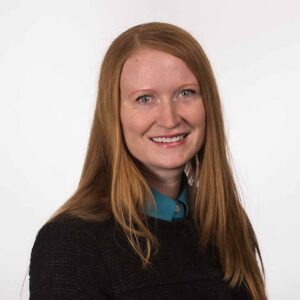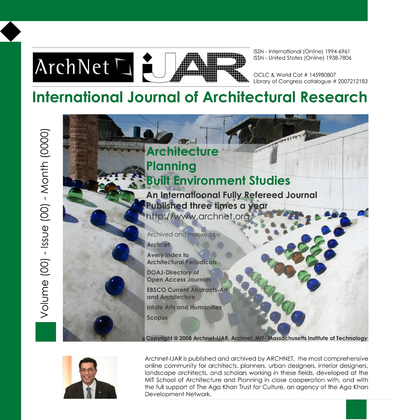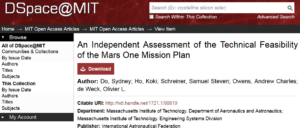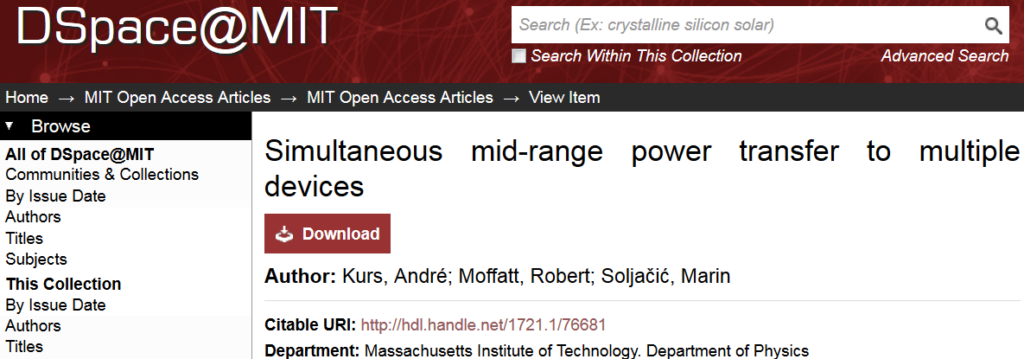The 2020 Mellon Foundation award to CREOS to fund three postdoctoral associates for two years each is ramping up for September 2021 after a one-year delay due to the pandemic. Faculty members Stephanie Ann Frampton, Roger Levy, and Rebecca Saxe, along with CREOS staff and library staff Ye Li and Mark Szarko, will be thought partners and mentor the incoming postdocs.
- Corey Johnson, PhD, Modern Thought and Literature, Stanford University, will work with Stephanie Frampton, associate professor of literature and faculty director of the MIT Programs in Digital Humanities, to conduct a research project to advance equity and accessibility of archives and special collections. Johnson is considering a focus on digital access to indigenous collections when the original materials were only intended for a limited audience.
- Suman Maity, PhD, Computer Science, Indian Institute of Technology, Kharagpur, will work with Professor Roger Levy in Brain and Cognitive Science to conduct a research project on computational social science for scholarly communications and open and equitable science.
- Ashley Thomas, PhD, Cognitive Science, UC Irvine will work with faculty member Rebecca Saxe, John W. Jarve (1978) Professor in Brain and Cognitive Sciences, to develop a new course at MIT and conduct research on tools for rigorous and reproducible research.
For more information about Johnson, Maity, and Thomas, please check the CREOS website. We are looking forward to having them join us in September and October.
 Access to high-quality, relevant information is absolutely foundational for a quality education. Yet, so many schools across the developing world lack fundamental resources, like textbooks, libraries, electricity and Internet connectivity. The
Access to high-quality, relevant information is absolutely foundational for a quality education. Yet, so many schools across the developing world lack fundamental resources, like textbooks, libraries, electricity and Internet connectivity. The 

 The MIT Libraries have
The MIT Libraries have 
 In October 2015, downloads of the 18,000 articles deposited in
In October 2015, downloads of the 18,000 articles deposited in 